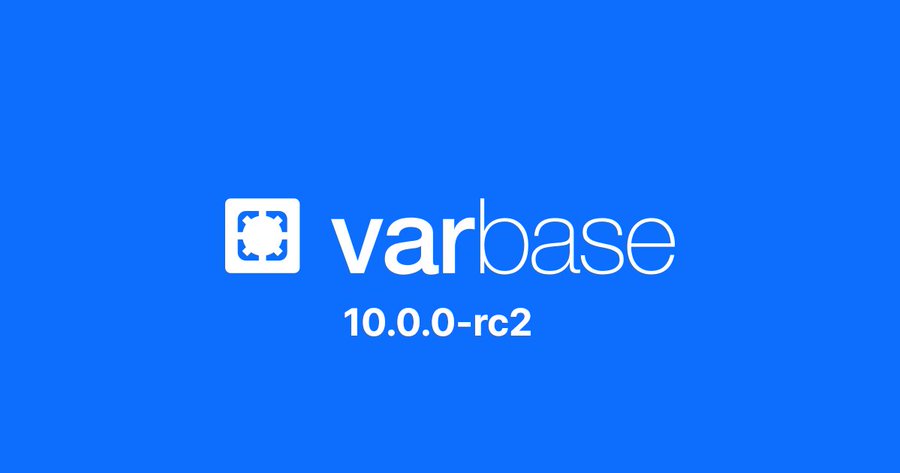Automating Drupal Site Configuration with Rules
INT3C, a prominent technology blog, recently featured an insightful article titled "Using Rules to Periodically Change Your Drupal Site Configuration and Variables." Authored by Mark Koester, the article explores an effective method to automate periodic changes in site configuration using a combination of Drupal modules.
The article primarily focuses on three key modules: Rules, Rules Once Per Day, and "Rules Set Site Variables." By employing these modules, Koester demonstrates how site administrators can effortlessly schedule and implement changes to their Drupal site's configuration and variables.
To initiate the process, the author utilizes the Rules Once Per Day module, which creates a custom event within Drupal. This event can be precisely configured to trigger at a specific time, providing the desired periodicity for site configuration updates. By integrating this event with Rules, site administrators gain the ability to execute tailored reactions based on the defined schedule.
To modify site variables, Koester introduces the "Rules Set Site Variables" module. This module empowers administrators to create Rules reactions that effectively adjust Drupal variables based on various site events. In the author's example, scheduled cron events are leveraged to switch the server and optimize cost savings in a Heroku environment.
While the article assumes a functional cron task setup on the server, it refrains from providing an in-depth explanation of cron configuration. Instead, it emphasizes the importance of ensuring the server's cron task runs periodically, ideally every few minutes, to trigger the desired rules and maintain synchronization.
By harnessing the power of these modules, Drupal site builders and administrators can enhance their site's flexibility and adaptability. The ability to schedule and automate site configuration changes according to a predefined schedule enables efficient management and optimization of various site aspects.
Koester concludes the article by highlighting the broader implications of using Rules for site configuration modifications. With additional configuration and auxiliary modules, the potential for leveraging rules to adapt and customize site configurations based on set schedules becomes even more expansive.
As the Drupal community continues to evolve, articles like these provide valuable insights for site builders, offering innovative ways to streamline site management and boost efficiency through automation.
Note: The vision of this web portal is to help promote news and stories around the Drupal community and promote and celebrate the people and organizations in the community. We strive to create and distribute our content based on these content policy. If you see any omission/variation on this please let us know in the comments below and we will try to address the issue as best we can.


















